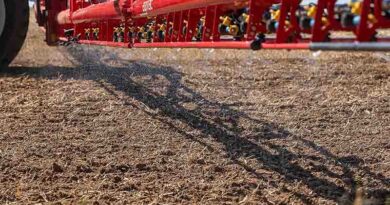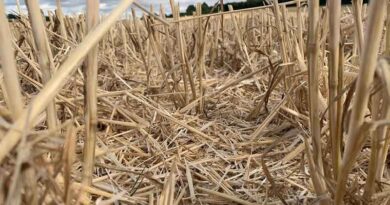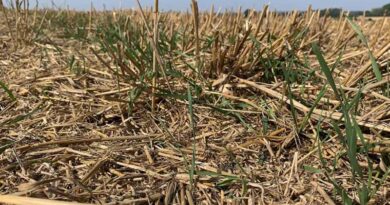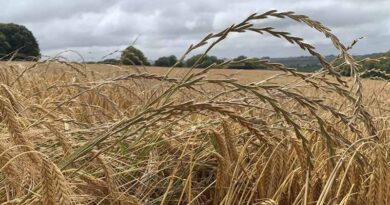Drilling delay reduces grass weed pressure
22 August 2022, UK: Delayed drilling gives the chance to reduce grass weed pressure and tailor herbicide strategies this season, suggests Syngenta Technical Manager and grass weed specialist, Pete Hawkins
Cultural practices are recognised as an essential element of integrated weed control strategies and getting the best results from this season’s autumn herbicides.
Utilising stale seedbeds and adapting crop drilling timing this autumn will enable the best performance of more cost-effective Defy based pre and peri-em programmes.
Years of Syngenta grass weed research has repeatedly shown the importance of stale seedbeds to reduce autumn weed pressure.
However, that has been seriously challenged by the dry soil conditions in southern and eastern England this season.
While growers in the west and more northerly counties have seen quick green up of lightly cultivated stubbles, slower weed seed germination in the dry conditions may be exacerbated by higher than usual dormancy in black-grass seed that was set when conditions were cool and wet in early June.
Weed flush
Together, that may push drilling dates later in the season to allow flushes of grass weeds to occur before the crop is established, and time for some soil moisture to be replenished.
Trials last season at the Syngenta ryegrass site, in Staffordshire, demonstrated the huge advantage in reducing grass weed pressure in later drilled crops.
And that really stood out in the results from the pre-emergence herbicides – where mid-October treatments significantly out-performed mid-September applications.
Furthermore, new Syngenta research, in partnership with NIAB, is showing that later emerging grass weeds are far less competitive for the crop and likely to have lower impact on yields, as well as returning fewer seeds.
Strong stack
Later drilling and pre-em application does increase the chance of soil moisture to optimise results. But it could also reduce the chance to any follow up sequenced applications. Getting the best possible results from a strong pre-em stack, including using DEFY at higher rates, would further reduce grass weed pressure going into the winter.
A series of trials in 2020-21 showed adding Defy at 3.0 l/ha into pre-emergence mixtures gave up to 23% increase in black-grass control, including in combination with newer chemistry actives.
Results from new high-pressure black-grass trials in Yorkshire last season confirmed that Defy boosted levels of control in every treatment in which it was applied.
(For Latest Agriculture News & Updates, follow Krishak Jagat on Google News )















